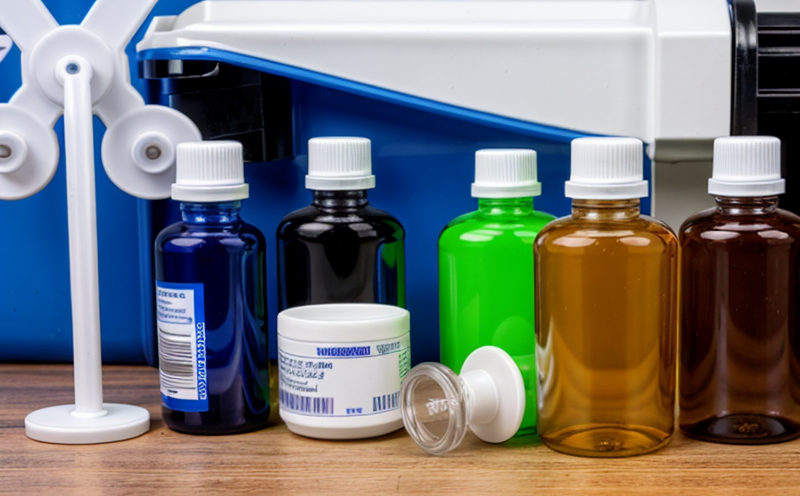ASTM D7066 Oil and Grease in Medical Waste Streams
The ASTM D7066 standard is a critical tool used to analyze oil and grease content in medical waste streams. This method provides a standardized approach for quantifying the amount of neutral fats, oils, and greases present in water-soluble extracts from medical wastes.
Medical waste can contain various organic compounds that may pose risks if not properly managed. By using ASTM D7066, laboratories like Eurolab ensure accurate measurement of these components, which is essential for regulatory compliance and environmental protection.
The process involves collecting a sample of the medical waste stream, extracting it with a solvent such as hexane or ether, then evaporating the solvent to leave behind the extracted fats, oils, and greases. The residue is weighed to determine its mass concentration in the original waste stream.
This method allows for precise quantification, which helps healthcare facilities monitor their waste management practices and ensure they are meeting environmental regulations set forth by bodies like the US Environmental Protection Agency (EPA).
Understanding the oil and grease content is vital because these substances can contribute to clogging in sewage systems, leading to potential environmental damage. The data generated from ASTM D7066 tests helps facilities identify areas where improvements are needed.
For instance, if a facility consistently finds high levels of oil and grease in their waste streams, they may need to review and adjust their sterilization processes or implement additional filtration systems. This testing ensures that medical waste is handled responsibly, reducing the risk of environmental contamination.
The importance of this test cannot be overstated, especially in regions where stringent environmental laws are enforced. Compliance with these regulations not only protects the environment but also helps facilities avoid potential legal issues and fines.
Moreover, accurate measurement of oil and grease content allows for better resource management within healthcare institutions. By identifying which processes contribute most to waste contamination, administrators can prioritize efforts towards reducing those specific sources, thereby lowering operational costs while enhancing sustainability.
Eurolab Advantages
- Accurate and Reliable Results: Eurolab utilizes state-of-the-art equipment and follows strict protocols to ensure every test result is accurate, reliable, and can be trusted by your organization.
- Expertise in Medical Waste Testing: With years of experience, our team specializes in testing medical waste streams for oil and grease content using ASTM D7066.
- Comprehensive Reporting: Our reports go beyond just numbers; they provide actionable insights that help you understand the implications of your test results and guide decision-making processes.
International Acceptance and Recognition
The ASTM D7066 method is widely recognized internationally, with several countries adopting it as part of their national standards for measuring oil and grease in waste streams. Countries like the United States, Canada, and parts of Europe have incorporated this standard into their environmental regulations to ensure consistent quality across borders.
By adhering to ASTM D7066, healthcare facilities can demonstrate compliance with global standards, which is increasingly important as international trade expands. This consistency helps build trust both locally and globally, ensuring that the methods used are validated and accepted worldwide.
Environmental and Sustainability Contributions
- Reduction of Environmental Impact: By accurately measuring oil and grease in medical waste streams, facilities can take proactive steps to minimize environmental impact. This includes implementing more efficient waste treatment methods and improving disposal practices.
- Sustainable Resource Management: Understanding the composition of medical waste allows for better resource management within healthcare institutions. Facilities can adjust their operations to reduce waste generation and optimize resource use, contributing positively to sustainability goals.





